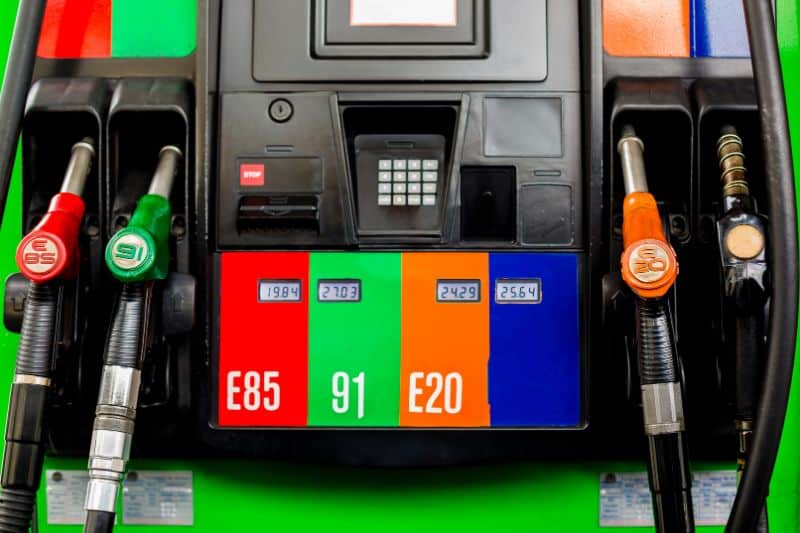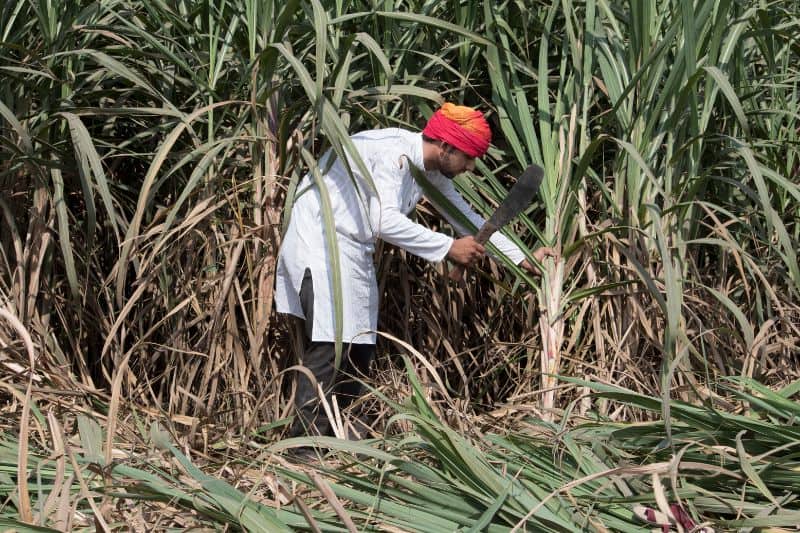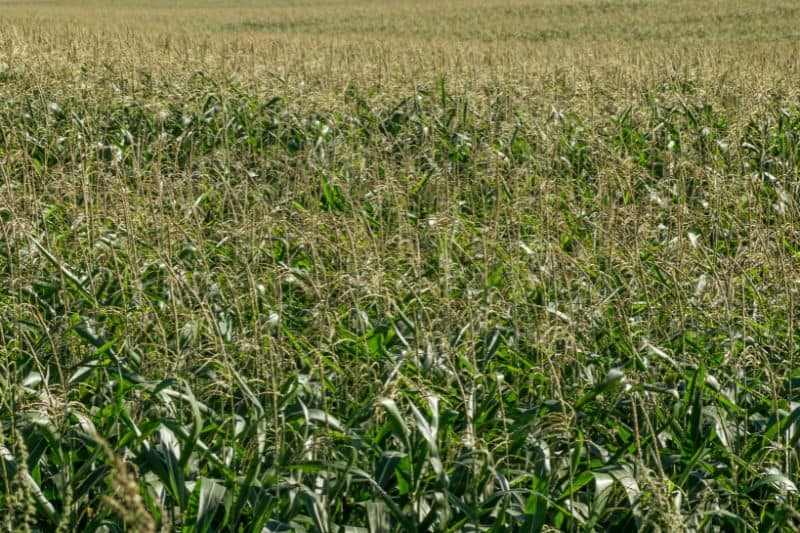Over the last ten years, the emphasis on reducing fuel emissions has been an agenda for many governments. To reduce their collective carbon footprint, many people have started looking for a way to control their environmental impact.
This initiative has caused many countries to shift to using Ethanol fuel as a healthier alternative. However, not many people have embraced the idea, simply because majority of them lack enough knowledge to convince them of the need for the shift.
In this blog post, we’ll examine all the intricacies of using ethanol as fuel. Right from what it is to the benefits and downsides of using it, there’s so much lined up for you today, so let’s dig in!
What is Ethanol, Anyway?
Ethanol, which is sometimes known as ethyl alcohol, is a kind of alcohol derived from corn, sugarcane, and grain or indirectly from paper waste. It’s also the main type of alcohol in alcoholic beverages obtained as a result of fermentation of a mash of grains (gin, vodka, and whiskey) or sugarcane (rums).
Sometimes it will come stated as Ethanol on the product label. However, other times it may in other names like Ethyl alcohol, pure alcohol, or grain alcohol, which basically means the same thing.
Outside the beverage world, Ethanol has for years been blended with gasoline to oxygenate the fuel at the gas pump. In fact, the mixture of ethanol and gasoline releases fewer emissions into the environment and is considered cleaner in nature.

Plus, it also keeps the car in better shape by increasing the octane rating of the fuel and delivers a plethora of other benefits. As such, it’s widely accepted by the people, governments, and car companies.
But did you know that Ethanol, apart from all these benefits, can also serve as a fuel on its own to power vehicles?
That’s right!
In fact, it’s regarded as an alternative form of fuel that has gained much popularity for a number of reasons we’ll be telling you later in the article.
And unlike some forms of fuel, Ethanol doesn’t occur naturally in any ecosystem. Instead, it’s produced through the processes of fermentation and distillation.
The production brings in crops and plants rich in sugar or have the ability to be converted into cellulose and starch.
How is Ethanol Transformed into Fuel?
The process of transforming Ethanol into fuel starts by grinding up the crops or plants meant for production. Sugarcane, barley, sugar beets, wheat and corn are commonly used for production. The ground-up substance is then refined to get sugar, cellulose or starch, before converting the sugar into ethanol and carbon dioxide by fermentation.
Yeast is normally added to speed up the fermentation process (just the same way alcoholic beverages are produced). Once the ethanol is distilled and purified, it is ready for use.
Having a four-step process like this allows the production to be comparatively cost-effective, which is one big reason for the use of Ethanol fuel in our current economy.
To make ethanol fuel from sugarcane, you need to squeeze out the juice from the sugarcane, ferment and then distil it. Compared to traditional unleaded gasoline, ethanol is a clean-burning, particulate-free fuel source. When burnt with oxygen, the end product is carbon dioxide and water.
And unlike the fossil fuels that are likely to deplete, Ethanol fuel isn’t a trend that has come recently and neither is it dying out soon. Actually, governments and automobile manufacturers have recognized the benefits of using it and are working towards integrating it into everyday use.
A number of vehicles now come designed with engines that can work with the standard gasoline-ethanol blend. All of this is because there are many known benefits of using this form of fuel.
Pros of Ethanol Fuel
Now that you know Ethanol can be used as fuel, you could be asking, “What are some of the benefits that come with using it?”
Well, let’s dive in to see some of the notable perks!
1. Ethanol Fuel is Cost-effective Compared to Other Biofuels
Ethanol fuel is the least expensive energy source since virtually every country has the capability to produce it. Corn, sugar cane or grain grows in almost every country which makes the production economical compared to fossil fuels.
Fossil fuels can play against the economy of most countries, especially developing countries that have no capacity to explore them. It, thus, makes sense for these growing economies to dwell on the production of ethanol fuel to dial back on the dependence of fossil fuel in order to save revenue.
2. Ecologically Effective
One striking advantage of ethanol over other fuel sources is that it does not cause pollution to the environment. Using ethanol fuel to power automobiles results in significantly low levels of toxins in the environment.
Actually, even when used together with gasoline, it goes a long way to minimize pollution, and that’s because it takes up the larger percentage of the blend, with the normal ratio being 15:85.
The little composition of gasoline acts as an igniter, while Ethanol takes up the rest of the tasks. This ratio of ethanol to gasoline minimizes the emission of greenhouse gases to the environment since it burns cleanly compared to pure gasoline.
3. Helps Reduce Global Warming
Global warming is caused by the relentless emission of dangerous greenhouse gases from the use of fossil fuels (oil, natural gas, and coal). The effects of global warming are catastrophic, as they may cause changes in weather patterns, rising sea levels, and excessive heat, just to mention but a few.
However, the combustion of ethanol fuel only releases carbon dioxide and water, with the former having very minimal effects on environmental degradation. As such, switching to ethanol can go a long way to minimize the environmental damage caused by other fuels.
4. Easily Accessible
Since ethanol is a biofuel, it is easily accessible to virtually everyone. Biofuel means energy derived from plants like sugarcane, grains, and corn.
All tropical climates support the growth of sugarcane, while grain and corn grow in every country. In fact, corn is a staple food in most countries in Africa. The widespread availability of the needed components makes it one of the sustainable fuels we can use.
5. Minimizes Dependence on Fossil Fuels
Harnessing of fuel from corn or biomass is an economical way to sustain any economy and prevent it from over-reliance on the importation of fossil fuels like oil, and gas. Embracing ethanol fuel can save a country a lot of money that can be plowed back into the economy.
Since ethanol is domestically produced from domestically grown crops, it helps reduce dependence on foreign oil and greenhouse gas emissions. If we could run our vehicles on 100% ethanol, the difference would be noticeable.
6. Contributes to the Creation of Employment to the Country
When the use of ethanol fuel increases, it means more plantations of sugarcane, corn, and grains will be needed to create an adequate supply of raw materials. It also means more ethanol fuel processing plants, translating to more job opportunities.

In addition, ethanol can also be branched out to produce alcoholic beverages leading to the creation of job opportunities in the hospitality industry.
7. Opens up Untapped Agricultural Sector
The fact that ethanol fuel production relies mainly on agricultural produce means that individuals will be shoved into the untapped agricultural sector, and this will uplift a country’s economy.
This act will guarantee ethanol fuel availability for many years. The need for increased production of corn and grains has set the farming industry booming.
8. Variety of Sources of Raw Material
Although corn and sugarcane are the chief raw material for producing ethanol fuel, pretty much every crop or plant containing starch and sugar can be used.
9. Ethanol is Classified as a Renewable Energy Source
It’s classified as a renewable resource because it’s mainly as a consequence of the conversion of energy from the sun into useful energy. Ethanol production begins with photosynthesis, which enables sugarcane to thrive and later be processed into ethanol fuel.
Cons of Ethanol Fuel
Despite its growing popularity as an alternative fuel, ethanol comes with its share of disadvantages, presenting challenges that must be carefully considered in pursuing sustainable energy solutions.
1. Requires a Large Piece of Land
We’ve learned that ethanol is produced from corn, sugarcane, and grains. All these crops need to be grown in farms, and in fact, in a large scale, if at all ethanol has to meet the growing demand.

This demand will necessitate the need for vast acres of land, which may be a challenge considering the exponential growth in the world population. It may even exacerbate the destruction of natural habitats for most plants and animals.
2. The Distillation Process is Not Good For the Environment
The process of distilling fermented corn or grain takes a long time and involves a lot of heat expenditure. The source of heat for distillation is mostly fossil fuel, and fossil fuels emit a lot of greenhouse gas, which is detrimental to the environment.
3. Spike in Food Prices
The chief ingredient in making ethanol is corn. If the demand for ethanol fuel skyrockets, the price of corn would also shoot up, and that would affect the cost of ethanol production. Other users of corn other than for fuel will also suffer, for example, those utilizing corn as animal feed.
Also, the lucrative prices of ethanol fuel could trigger most farmers to abandon food crops for ethanol production, which might also lead to an increase in food prices.
4. Affinity For Water
Pure ethanol has a high affinity for water. That means this fuel can absorb any traces of water around it or from the atmosphere. This fact is also true for those blends of gasoline and ethanol used to power vehicles.
Due to its high water attraction capabilities, obtaining ethanol in its purest form is challenging as traces of water tend to be present. Manufacturers typically label it as 99.8% pure ethanol. This poses a greater risk for marine users compared to regular road car users.
When water finds its way into a storage or fuel tank, it goes to the bottom of the tank since water is denser than fuel. This will lead to a plethora of small and big engine problems for your vehicle. The water attraction property of ethanol is the reason why it’s transported by railroad or auto transport.
5. Difficult to Vaporize
Pure ethanol is hard to vaporize. This makes starting a car in cold conditions almost difficult, which is why a number of vehicle owners make a point to retain a little petrol, for instance, E85 cars that use 15% petroleum and 85% ethanol.
A common blend used these days is E85 i.e. 85% Ethanol and 15% gasoline. The mileage provided by this blend is lesser than that of pure gasoline or the E10 (10% Ethanol) blend.
However, the benefit of using the E85 blend is that the oil remains clean for a longer time, there is lesser stress on the engine, and the overall engine maintenance reduces.
All these costs undoubtedly help cover up thanks to these small benefits. Not to mention the overall reduction of your carbon footprint, which is the one benefit from the use of Ethanol fuel that everybody should aspire for.






